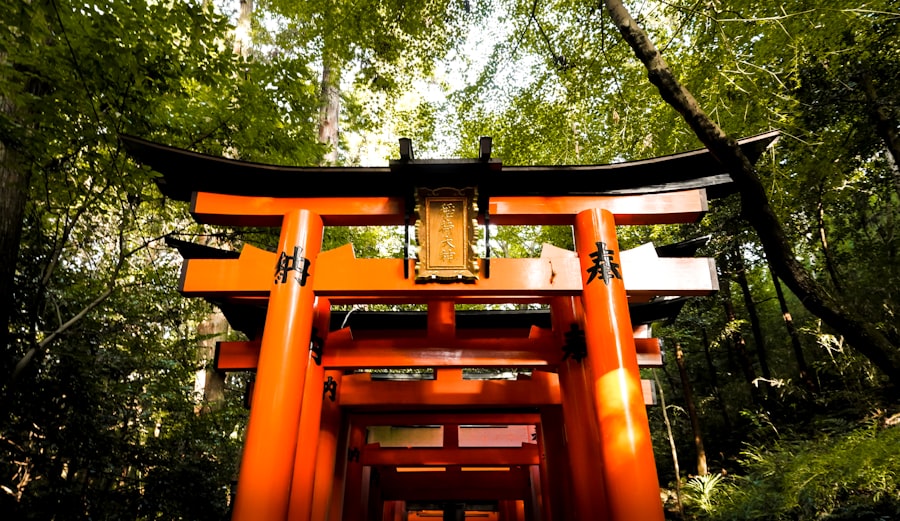I've been sitting on this one for a while. There's a post at the excellent IM1776 on the continuity of culture.
The first major Western poet to obsess over Eastern poetry, Pound is a meet introduction to the East. In Japan, there is a contemporary Shinto correlative of the “Ship of Theseus”: The Ise Shrine. Unlike so many empty cathedrals in the West, millions of pilgrims make the journey to worship each year. The Ise temple is 1,300 years old. It is also rebuilt from scratch every year.These two facts are not contradictory. As the Korean-German philosopher Byung-Chul Han explains in his book Shanzhai:
“This religious practice is so alien to Western art historians that after heated debate UNESCO removed this Shinto temple from the list of World Heritage sites. For the experts at UNESCO the shrine is twenty years old at most. In this case, which is the original and which is the copy? This is a total inversion of the relationship between original and copy. Or the difference between original and copy vanishes altogether. Instead of a difference between original and copy, there appears a difference between old and new. We could even say that the copy is more original than the original, or the copy is closer to the original than the original, for the older the building becomes the further it is from its original state. A reproduction would restore it, as it were, to its ‘original state’, especially since it is not linked to any particular artist.”
We have a culture that so venerates a site of worship that it renews the temple every year. The building is not the temple, the site where people gather to build it is.
ThIse temple, cathedrals, and public institutions that persevere all share one thing: a community that is willing to do the work to preserveand as needed or appropriate, renew and rebuild it.
This also gives some insight into why there is a cultural war between progressives and those who would wish to see history and monuments preserved. Progressives, by definition and by their own statements of ideology, wish to clear the board and not rebuild in accordance with carrying on tradition, but to clear away to make room for something different. They don't want to preserve the culture, they want to destroy it, eliminate it.
But then, they also don't care about objective truth or reality, so why would they care about preserving what is and was if they think things can be remade by simply relabeling them?

